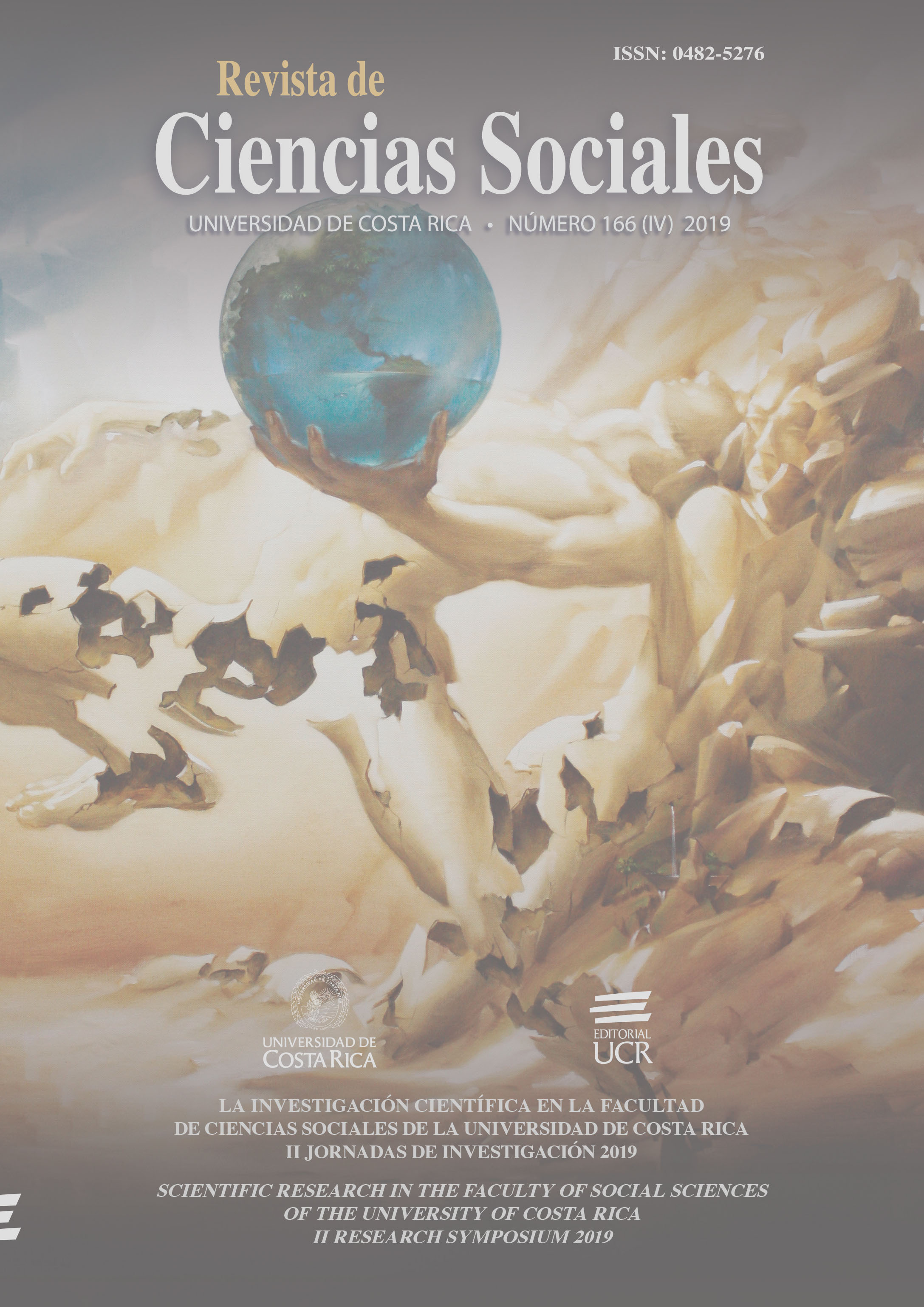Abstract
This article discusses the psychosocial and the psychoreligious conditions that have allowed the emergence of a religious group in Costa Rica’s social and political life since 2018. This is done while considering the psychosocial scenarios that emerged from the appearance of an unusual political group, so far, in the Costa Rican society. An analytical and interpretative reading is done trying to add arguments in favour of the inequality hypothesis. To discuss this hypothesis, we follow the ideas of recognition of free religious movements, the inclusion of the other and the subjective and socioaffective articulation that can be promoted by an inciting democracy. Incitement would oppose the institutional.
complacency that ignores the most disadvantaged groups, products of inequality


